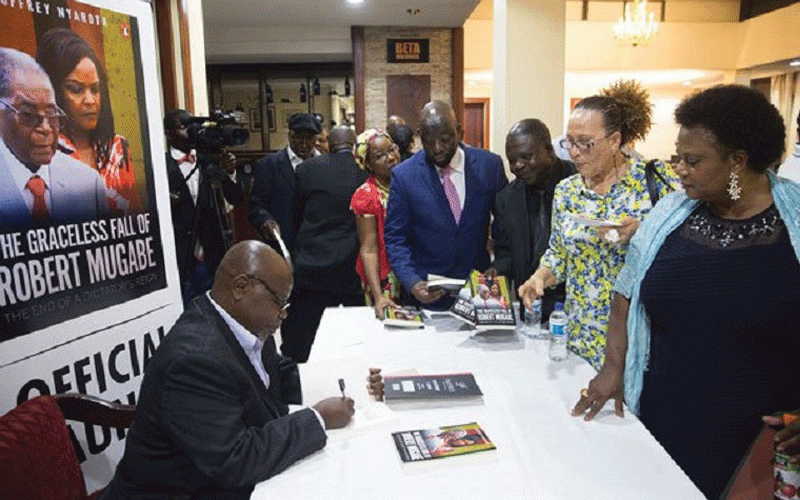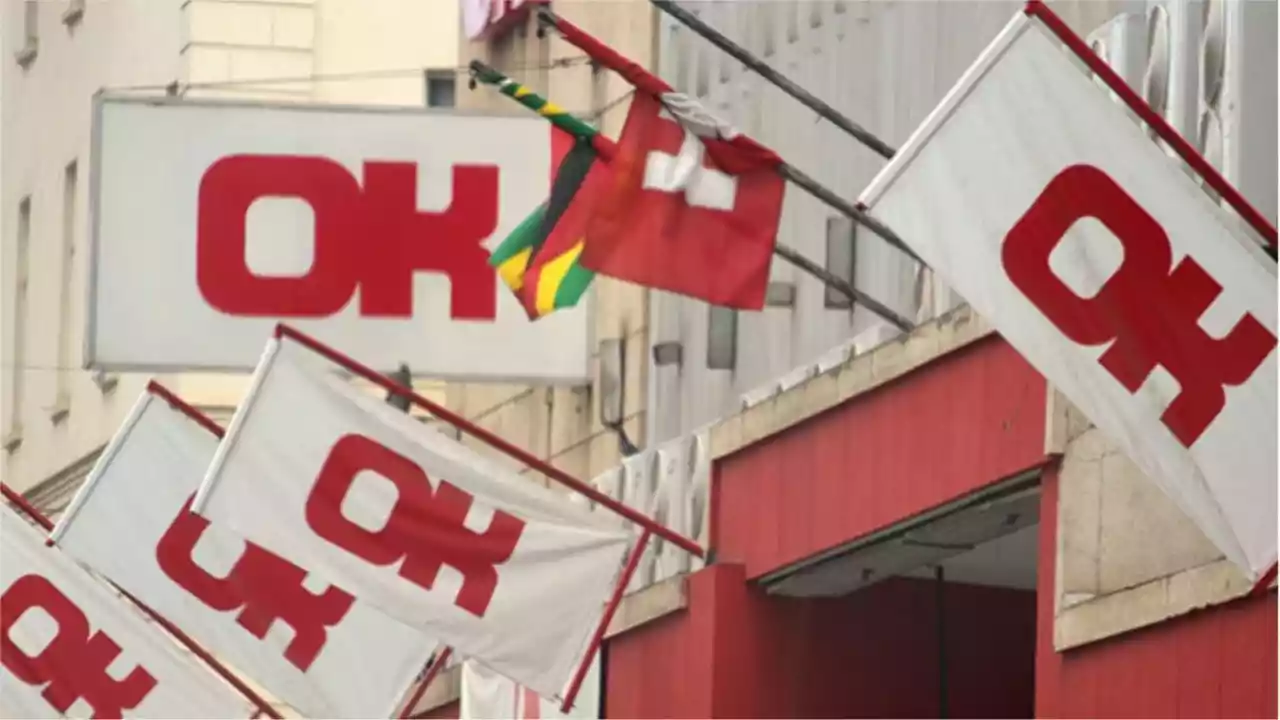
THE Zimbabwe dollar (ZWL) denominated market, Zimbabwe Stock Exchange (ZSE), is once again reigning as the best performing bourse in Africa, or so is claimed. This is based on year-to-date returns, in United States dollars (USD), comparative to other markets under the same denomination.
As at May 8 2023, the ZSE closed trades at a year-to-date return of 177%, which translates to 70% in US dollar terms. This is the highest overall stock market year-to-date return in Africa, followed by Malawi Stock Exchange, which closed at 50%.
While inflation in both countries is on an upsurge (in local currency terms), the stock markets appear to be safe havens by outpacing inflation.
Typically, the more money a buyer is willing to spend in buying goods and services, the more prices (inflation) are likely to rise.
The reason a buyer is willing to offer more money is basically because of more money supply in the economy.
This assertion is true to the extent that all underlying factors are held constant. Suppose the quantity or quality of product is altered, the changes may be reflected in price movement. What this means is that, if underlying factors, such as quality, future projections of earning, scarcity etc, are held constant, money supply becomes the only other variable to drive demand and consequentially prices.
In perspective, less money supply also means low demand. This was seen in 2022 when the Reserve Bank of Zimbabwe (RBZ) introduced a contractionary monetary policy, which saw the ZSE plunge by over 75% in US dollar terms.
The ZSE recorded the highest stock market annual returns in the world in 2020 and 2021 respectively, due to more money supply that came as a result of more government expenditure.
- Stop clinging to decaying state firms
- Piggy's Trading Investing Tips: De-risking mining projects
- Chance to buy 'undervalued' counters: FBC
- Zimbabwe's capital markets collapse
Keep Reading
However, it is imperative to assess other elements that affect the performance of a stock market before rushing to dump millions or billions in hopes of capitalising on the bull-run.
The liquidity of a stock market, particularly in real terms, is the biggest factor to consider when news of a bull-run reaches your ears.
While the Zimbabwean dollar has depreciated by -6% on the Willing-Buyer Willing-Seller market in the current month of May alone, the ZSE has surged by 30,6% in nominal terms, which translates to 23% in US dollar terms.
In other words, if one had borrowed US$10 million by the beginning of May and invested on ZSE, they would have cashed out US$600 000 in profit in just one week and returned the borrowed US$10 million assuming it had not accumulated any interest as yet.
However, an aggregate of ZW$3 billion has exchanged hands on ZSE in May so far, and this translates to approximately US$2,8 million on the interbank market, and US$1,4 million on the parallel market.
This represents all the trades on different counters and by numerous investors, which means it would have been impossible to put in US$10 million as a single investor and easily withdraw in one session or trade in just a week, given the liquidity levels on the market.
Due to a fragile currency, the ZSE has dipped from a market capitalisation of over US$8 billion to just over US$3,7 billion.
This has also been exacerbated by the migration of more counters from the market to a US dollar denominated bourse, Victoria Falls Stock Exchange, as they chase value preservation.
A number of companies have also announced plans to migrate to VFEX, including, Zimplow and First Capital Bank, and this means a reduced market capitalisation on ZSE and reduced liquidity.
A stock's liquidity generally refers to how rapidly shares of a stock can be bought or sold without substantially impacting the stock price.
In conclusion, while the ZSE may flaunt the highest investment return, it may be more difficult for huge investors to liquidate portfolios and thus risk running into losses.
- Duma is a financial analyst and accountant at Equity Axis, a leading media and financial research firm in Zimbabwe. — [email protected] or [email protected], Twitter: TWDuma_











